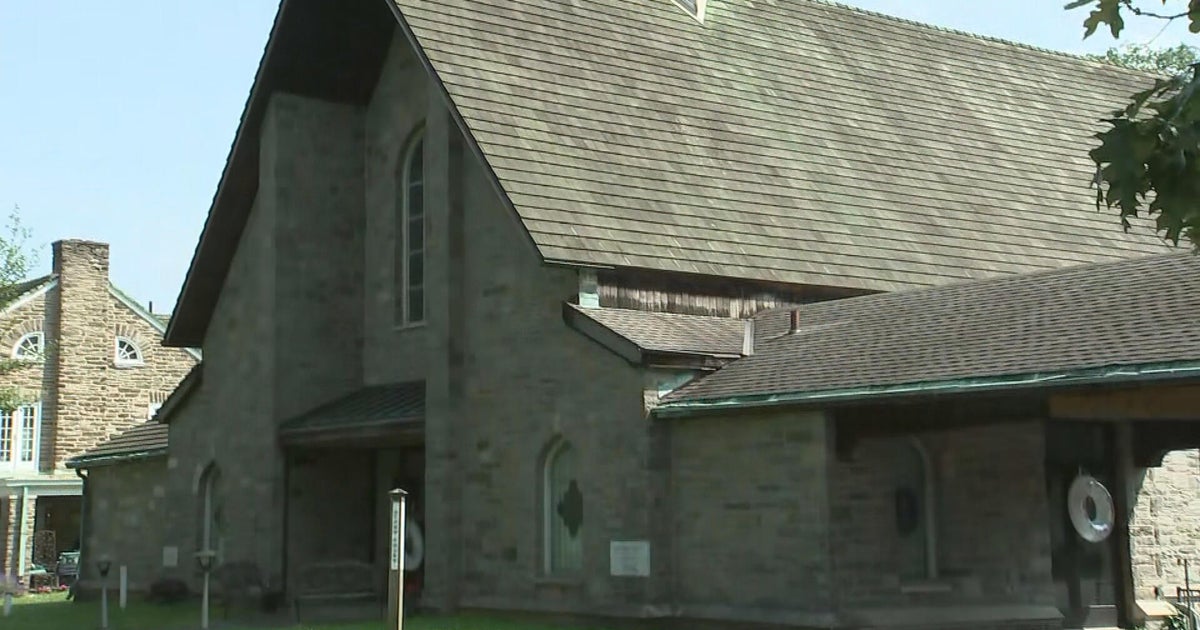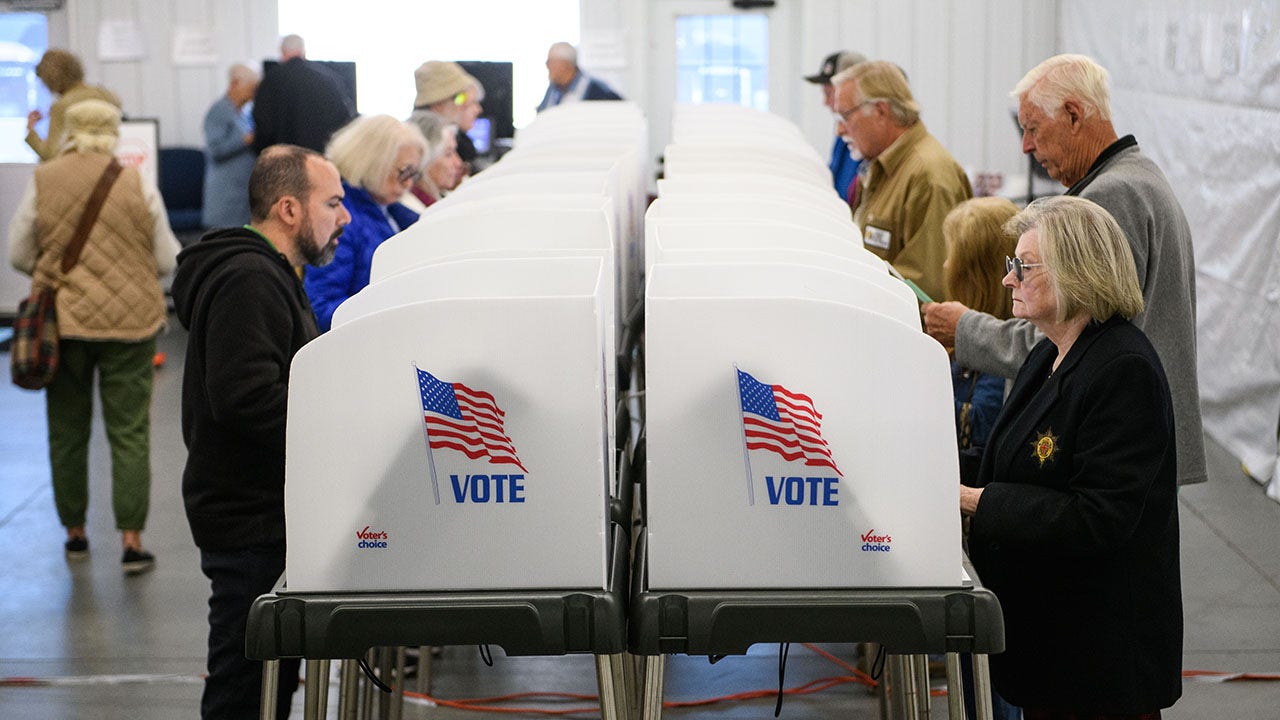Aspiring Pennsylvania teachers are due to soon be trained in “culturally relevant” education, under a new state standard requiring teacher preparation programs to incorporate instruction in the subject.
The standard, which was adopted last year and also applies to professional development programs, comes as education officials have voiced concern about Pennsylvania’s dearth of teachers of color, compared with the increasingly diverse public school population.
But guidelines issued by the state directing teachers to reflect on their “cultural lens” and address bias in the education system are facing a lawsuit filed by a conservative legal group, which says they were illegally implemented and violate teachers’ freedom of speech.
Here’s what the guidelines say and why they’re being challenged.
Why did Pennsylvania adopt a ‘culturally relevant’ education standard?
The concept of “culturally relevant” teaching dates back more than 20 years, developed by scholar Gloria Ladson-Billings as she studied what made for effective teaching of Black students. Her answer involved not just a focus on learning, but cultural competence and critical consciousness — helping students understand social inequalities and how what they’re learning connects to their lives.
Pennsylvania moved to incorporate a cultural relevance standard while confronting a teacher shortage, as well as reports of new teachers feeling unprepared to enter classrooms, said Sharif El-Mekki, founder and CEO of the Center for Black Educator Development.
“You can’t prepare them better if you don’t include how they can support and teach and lead the diverse students they have,” said El-Mekki, a former principal of Mastery Shoemaker charter school in West Philadelphia.
During roundtable discussions held by the Pennsylvania Department of Education in 2019, school district and college leaders described challenges in supporting teachers of color, said Donna-Marie Cole-Malott, co-director of the Pennsylvania Educator Diversity Consortium.
In 2020-21, teachers of color made up 6.2% of Pennsylvania public school teachers, compared with 36.6% of students, according to Research for Action. Nearly half of public schools statewide had no teachers of color.
“We can’t retain educators” without “thinking about the humanity of all of our learners and educators within our classrooms,” said Cole-Malott, an assistant professor of professional and secondary education at East Stroudsburg University.
What does the standard require?
Higher education programs that certify teachers are required to have “competencies, coursework and field experiences” that address culturally relevant and sustaining education, according to a regulation adopted by the state in April 2022. The regulation said the education department “will identify these competencies and develop associated standards.”
In November, the department announced nine competencies. Among them: facilitating culturally relevant learning, in part by incorporating real-world experiences; providing students with “equitable and differentiated” opportunities, including by “challenging and debunking stereotypes and biases about the intelligence, academic ability, and behavior of Black, Indigenous, and People of Color (BIPOC) and other historically marginalized learners”; and communicating in “linguistically and culturally responsive” ways, including by recognizing “the social constructs of different dialects.”
The competencies — which the state said continuing professional development programs must integrate no later than 2023-24, and teacher preparation programs, no later than 2024-25 — were adapted from the New America think tank, which has analyzed how states nationally have implemented standards for culturally responsive teaching.
But they were shaped by Pennsylvania educators, based on feedback from the state’s education community, Cole-Malott said.
“They don’t come out of the blue,” she said.
What is the basis for the legal challenge?
A group of Western Pennsylvania school districts, school board members, teachers and parents sued the education department last month, saying the state couldn’t just impose the competencies without adopting them as part of a formal regulatory process.
“Numerous school districts across the state have been in touch with us to complain” about the guidelines, which are “so vague, and in many instances, incomprehensible,” said Thomas King, a lawyer for the plaintiffs. The Chicago-based Thomas More Society, which has defended anti-abortion activists and filed lawsuits challenging the results of the 2020 presidential election, is financing the case.
King, who is general counsel for Pennsylvania’s Republican Party, successfully challenged Pennsylvania’s mask mandate by contending that the state erred in issuing the mandate without a regulatory review process.
While Pennsylvania followed that process — which involves a public comment period and approval by a state commission — to adopt the regulation requiring culturally relevant and sustaining education in teacher preparation programs, it didn’t to produce the guidelines, King said.
The education department, however, said in a legal filing that the guidelines “do not force any petitioner to do anything,” and said “any inference” about how the department would use the guidelines is “unsupported speculation.” As a result, the lawsuit should be dismissed.
King said the department’s position that the guidelines were not a requirement was “stunning.”
“From my perspective … we’ve already won,” he said.
What else is the legal group fighting?
The lawsuit is also a battle over what the guidelines say. King said the competencies violate teachers’ First Amendment rights. He pointed to language saying stating professional educators “believe that all learners have a choice and a right to practice the language(s) of their culture,” and “believe and acknowledge that microaggressions are real.”
“That’s a huge red flag in the legal world,” King said. “Making people believe things is not the American way.”
Asked how that might differ from teachers needing to believe in the importance of teaching math, King said, “They’re not required to believe that. They just need to teach math.”
In order to be good teachers, though, educators do need to believe certain things, El-Mekki said — including that people have biases, and that those biases can undermine student achievement.
“When I see people trying to disregard this idea of being culturally proficient, it’s not a space of bravery. It’s a space of cowardice,” El-Mekki said.
He said that cultural proficiency wasn’t just about race, and that school districts should examine which of their students aren’t achieving at high rates and consider whether any factors could be leaving them feeling marginalized — including students’ disabilities or socioeconomic backgrounds.
The Pennsylvania State Education Association supports the new competencies, which “are built on the idea that educators have a responsibility to address cultural or other barriers that prevent the success of students in the classroom,” said Chris Lilienthal, a spokesperson for the teachers’ union.
Despite the lawsuit, Cole-Malott, who has been working with higher education institutions to incorporate the competencies into teacher training programs, said the guidelines are meant to unify schools around a clear mission.
“I think it’s pretty straightforward. Respect everyone and treat everyone as capable of deserving success,” she said.

/cloudfront-us-east-1.images.arcpublishing.com/pmn/3WIOHLTZMBFE5IADKJUS5RHKIA.jpg)


























